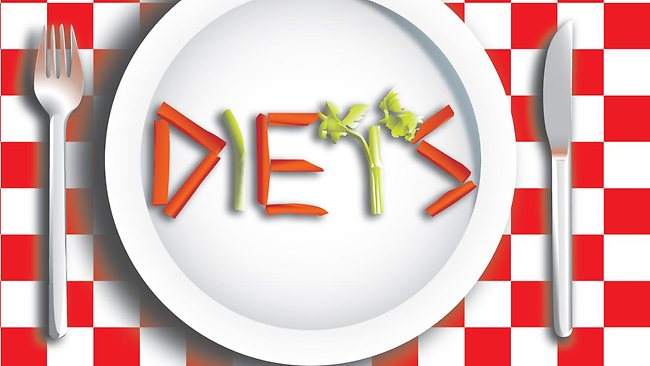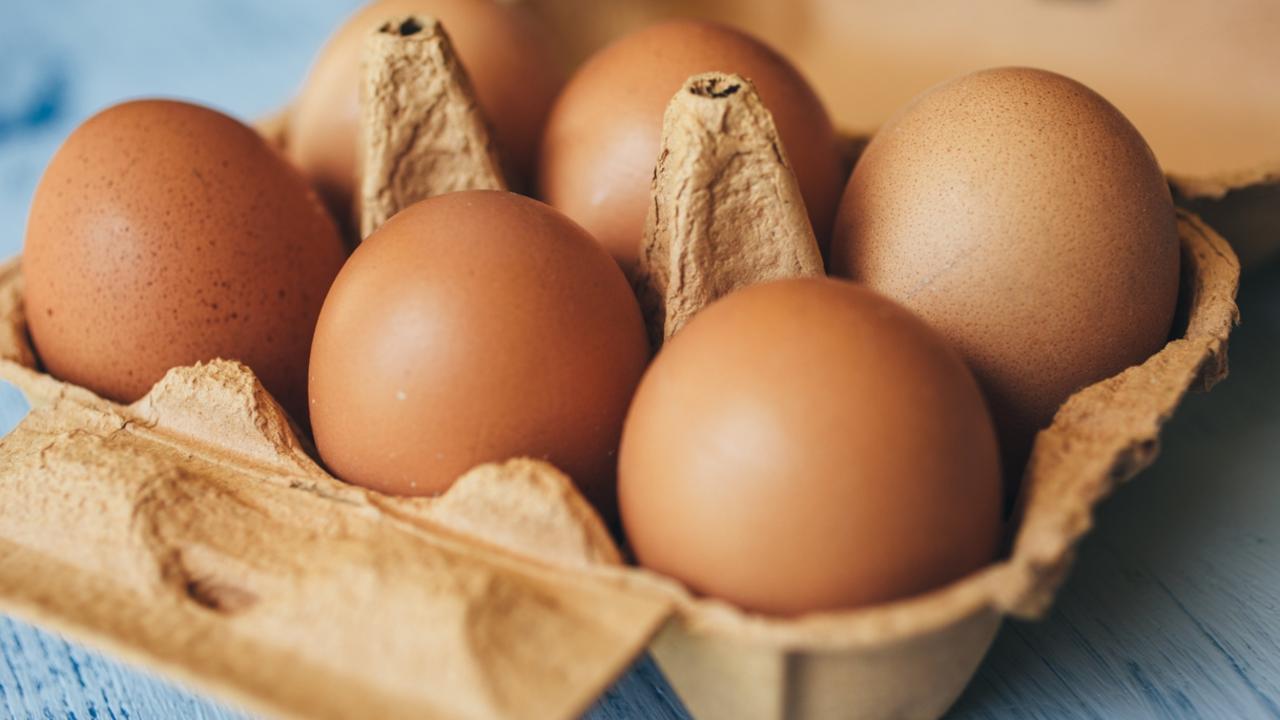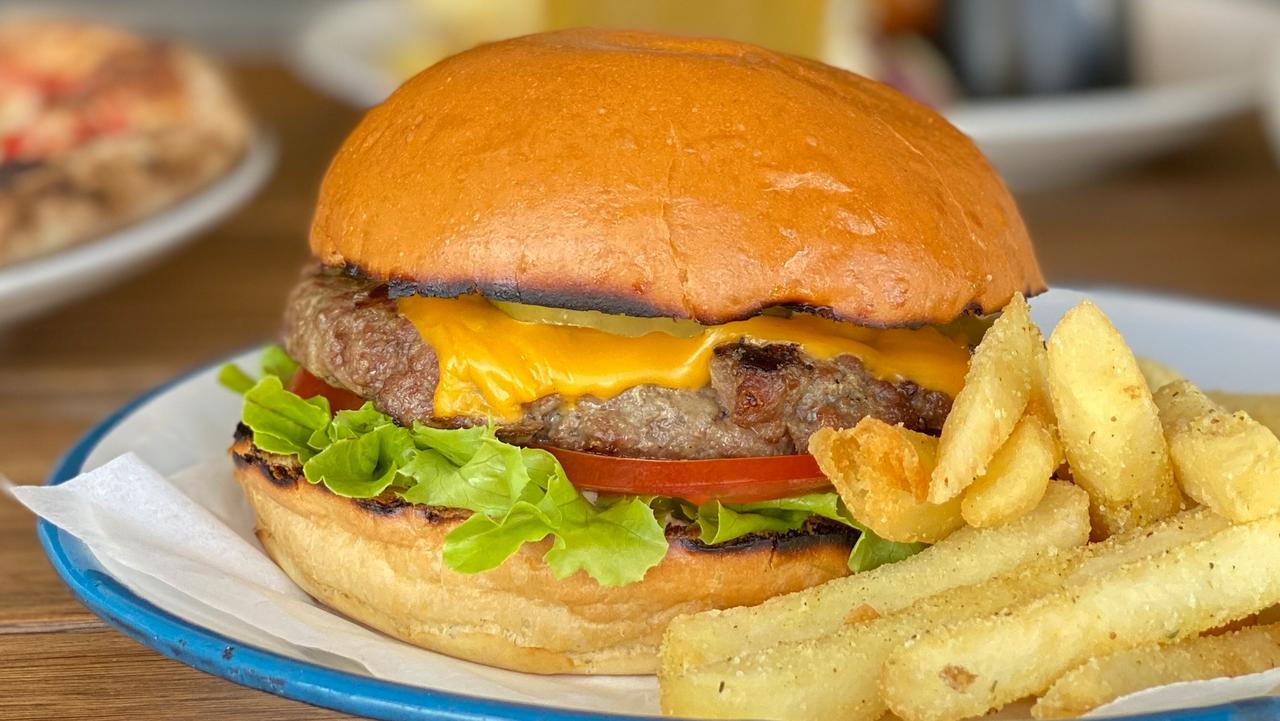7 big fat diet and fitness lies exposed
WHEN it comes to losing weight everyone has a theory and all the conflicting information can be so confusing. But at least knowing what not to do can help. Right?

WHEN it comes to losing weight everyone has a theory and all the conflicting information can be so confusing. But at least knowing what not to do can help. Right?
So we asked the experts at Body + Soul to help us sort fact from fiction.
1) Salads are the best food option
Just because there's some lettuce in a caesar salad, it doesn't mean it's healthy.
While salads are a great lunch choice, they can also be packed with a lot of fat, particularly if you add nuts, cheese, dressing and avocado. Consultant dietitian Susie Burrell says a large takeaway serving of chicken caesar salad has 22 grams of fat, compared to a Greek salad with chicken, which has 15 grams of fat.
More: See what a healthy lunch looks like at Body + Soul
2) Nuts are fattening
A handful of almonds a day can help you lose weight, increase your metabolic rate and even lower cholesterol, a study found. Dr Naras Lapsys, of The Body Doctor, says raw nuts contain heart-healthy monounsaturated fats.
"They are a protein-rich snack, which makes you feel fuller faster, and for longer."
Tip: Include about one third of a cup of raw nuts (almonds, cashews and walnuts) in your daily diet. It equals about 1100 kilojoules.
More: Find out 7 ways to boost your metabolism at Body + Soul
3) Low fat is best
Beware of foods that are "low fat" or "fat free", says celebrity weight-loss expert Dr Brian Sproule. While they might be low in fat, many of them are laden with sugar, so they often have just as many kilojoules as the full-fat version.
Yoghurts can be a trap for the unwary. Some brands are low in fat but high in sugar. Also remember that "baked not fried" does not necessarily mean low fat, and 99 per cent fat-free sweets are still packed with kilojoules.
Tip: Read labels carefully. Check not only the fat content but also the total kilojoules per serving, as well as sugar and salt levels.
4) Green tea is bad for you
A study published in the American Journal Of Clinical Nutrition concluded that daily consumption of green tea reduced body fat and helped to lower cholesterol. Burrell has found it reduces sugar cravings and helps regulate appetite.
"We know it increases the metabolic rate but it also seems to neutralise the tastebuds and get rid of those sweet cravings," she says.
Tip: When hunger pangs kick in, sip on a cup of green tea.
5) Carbs are good any time of day
Banning bread and pasta from your diet altogether is not recommended, but limiting your carbohydrate intake in the evening will help with weight loss.
"I recommend people limit their carbs in the evening," dietitian Matt O'Neill says. "It's one way of keeping kilojoules in control and an effective strategy to lose weight."
Tip: The best time of day for carbohydrate intake is breakfast because it gives you energy to get through the day. Eat wholegrain breads and cereal and avoid processed carbohydrates such as white bread and biscuits.
6) Lifting weights makes you bulk up, rather than lose weight
This is a big misconception, especially among women, O'Neill says, adding that weight training will not only make you leaner and more toned, but that the more muscle mass you have, the more kilojoules you burn, even when you are resting.
"It can mean the difference between fitting into that favourite dress or not."
More: Take the ultimate cardio challenge at Body + Soul
7) Certain foods, such as celery, can burn fat
Contrary to many celebrity diets, no food can magically melt away fat. Foods such as celery and grapefruit are low in kilojoules, but not completely devoid of them.



